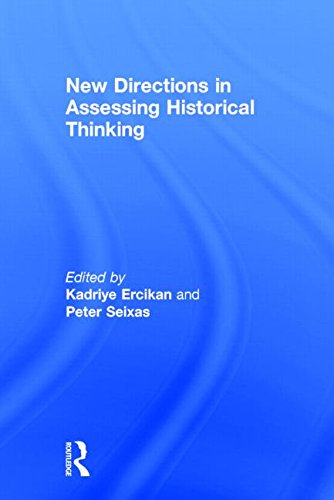

Most ebook files are in PDF format, so you can easily read them using various software such as Foxit Reader or directly on the Google Chrome browser.
Some ebook files are released by publishers in other formats such as .awz, .mobi, .epub, .fb2, etc. You may need to install specific software to read these formats on mobile/PC, such as Calibre.
Please read the tutorial at this link: https://ebookbell.com/faq
We offer FREE conversion to the popular formats you request; however, this may take some time. Therefore, right after payment, please email us, and we will try to provide the service as quickly as possible.
For some exceptional file formats or broken links (if any), please refrain from opening any disputes. Instead, email us first, and we will try to assist within a maximum of 6 hours.
EbookBell Team

4.3
58 reviewsNew technologies have radically transformed our relationship to information in general and to little bits of information in particular. The assessment of history learning, which for a century has valued those little bits as the centerpiece of its practice, now faces not only an unprecedented glut but a disconnect with what is valued in history education. More complex processes—historical thinking, historical consciousness or historical sense making—demand more complex assessments. At the same time, advances in scholarship on assessment open up new possibilities.
For this volume, Kadriye Ercikan and Peter Seixas have assembled an international array of experts who have, collectively, moved the fields of history education and assessment forward. Their various approaches negotiate the sometimes-conflicting demands of theoretical sophistication, empirically demonstrated validity and practical efficiency. Key issues include articulating the cognitive goals of history education, the relationship between content and procedural knowledge, the impact of students’ language literacy on history assessments, and methods of validation in both large scale and classroom assessments. New Directions in Assessing Historical Thinking is a critical, research-oriented resource that will advance the conceptualization, design and validation of the next generation of history assessments.